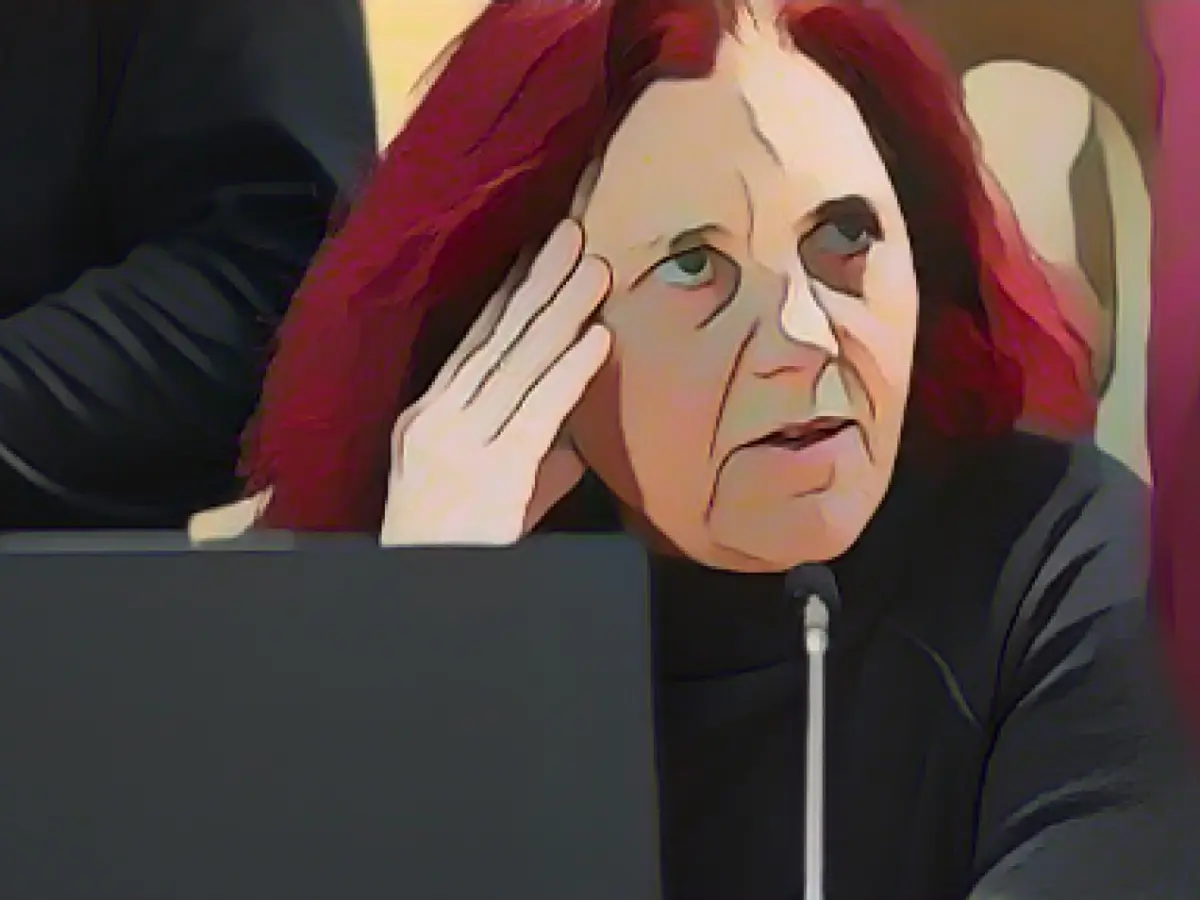Parliament - "Places of hopelessness" - Greens against repatriation centers
Green Party leader Astrid Rothe-Beinlich has described the CDU proposal to create repatriation centers for refugees as a sham solution and symbolic politics. The 49-year-old said in the Thuringian state parliament on Thursday that the draft was aimed solely at sealing people off and isolating them. There, the MPs discussed a CDU bill to create four "reception and repatriation centers". According to the ideas of the Christian Democrats, refugees who have little prospect of staying should be housed there. They should then not be distributed to the municipalities in the first place.
Rothe-Beinlich said that such centers would be "places of hopelessness". Such concepts had failed in other federal states. The CDU emphasized that it had based its proposals on Bavaria.
CDU migration politician Stefan Schard said in the state parliament that they wanted to optimize structures. "In our municipalities, all capacities are exhausted and Thuringia must therefore change course."
The CDU has already passed several bills in the past with the help of the AfD and against the will of the governing coalition. The governing coalition of the Left, SPD and Greens does not have its own majority in parliament.
Link to the invitation
Read also:
- Will he be convicted as Jutta's murderer after 37 years?
- He also wanted to kill his cousin
- With live stream! Gawkers film dying man
- Is Saarland threatened with economic collapse?
- In response to the CDU's proposal, Alliance 90/The Greens strongly opposed the creation of repatriation centers for refugees, viewing it as a mere symbolic policy.
- Astrid Rothe-Beinlich, the Green Party leader in Thuringia's state parliament, labeled the centers as "places of hopelessness" and argued that they would merely isolate refugees.
- The CDU's intentions, according to Rothe-Beinlich, were to seal off and isolate refugees rather than provide them with genuine support and opportunities.
- Rothe-Beinlich drew attention to the failures of similar initiatives in other federal states, suggesting that the CDU's proposal was misguided and unproductive.
- The CDU's migration politician, Stefan Schard, defended the proposal in the state parliament, stating that they aimed to optimize structures due to exhausted capacities in Thuringian municipalities.
- The Thuringian state parliament has a history of passing controversial bills with the assistance of the AfD, and the governing coalition of the Left, SPD, and Greens does not hold a majority, further complicating the situation.
Source: www.stern.de








